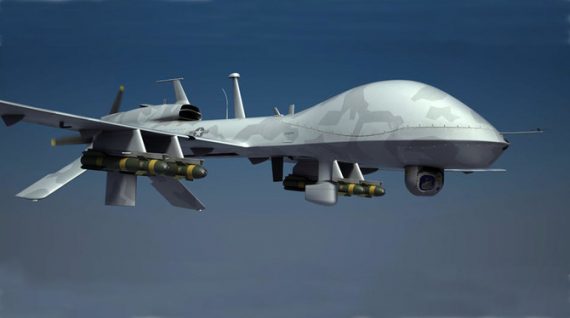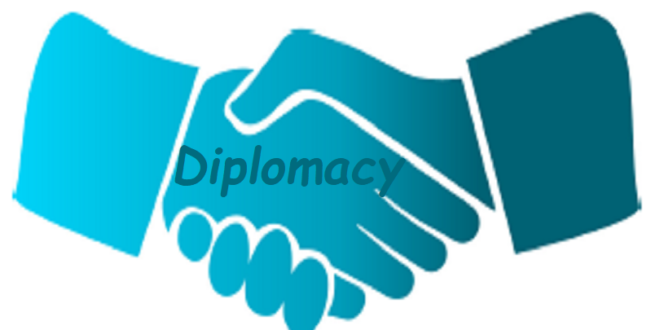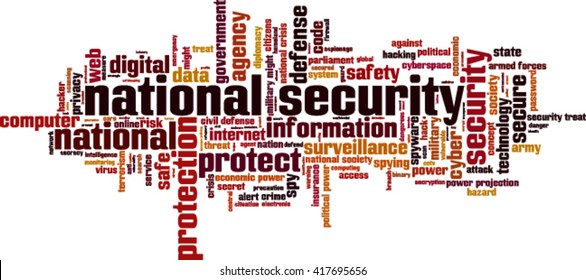Islamic identity
Islamic republic– confronting Dichotomy
Our constitution claims that Pakistan is a Federal Republic to be known as Islamic Republic, with Islam as the state religion. The objective resolution as preamble and also being substantive part of the constitution declares that sovereignty over the entire Universe belongs to Almighty Allah alone and the authority to be exercised by the people of Pakistan within the limits prescribed by Him is a sacred trust. The principles of democracy, freedom, equality, tolerance and social justice, as enunciated by Islam, shall be fully observed. Muslims shall be enabled to order their lives in the individual and collective spheres in accordance with the teachings and requirements of Islam as set out in the Holy Quran and Sunnah.
This constitutional declaration has been presented in the grand fatwa (Paigham-e-Pakistan) obtained by government from a group of religious scholar (2018) in response to a question whether Pakistan is an Islamic state or not. The Fatwa based its response on the aforementioned declaration enough to establish that Pakistan is an Islamic state and any armed struggle against its government as Haram and sin. The Fatwa may or may not have resolved the issue or achieved its desired objective, it however has acknowledged that the status of Pakistan as true Islamic state is being challenged. It also indicates that there is a desire to at least preserve the status (Islamic Republic) superficially without resolving the embedded dichotomy within the system. Such a Fatwa may have worked earlier but now the situation has changed. The events that unfolded after 9/11 both internationally and within our region have drastically changed the Muslim mind.
US decision to strike a deal with Taliban and withdraw forces from Afghanistan is likely to have major consequences. Many in Pakistan strongly feel that withdrawal of US along with international coalition forces is the victory of forces fighting on the name of Islam. This sense of victory will certainly encourage many inside Pakistan.
At such a challenging time we need to realise that there is an inherent flaw in our system. The terms used in our constitution, that forms the basic structure of our government, needs clarification. The concept of Islamic republic as presented in our constitution is different from the Republic understood and developed in the West. In the modern sense Republic is a form of government in which sovereignty rests with the people and state is ruled by their representatives. In our case, objective resolution clearly declares that sovereignty rests with Allah all Mighty alone.
Islamic republic as enunciated in our constitution brings religion in the political domain which is contrary to the secular idea of state as understood in the West. How can a state be Islamic when its conception as conceived in the West is fundamentally secular?- asking separation of religion from politics?
The idea of secular state has been modified in Pakistan to allow role of religion in politics. The writers of the constitution could not ignore the popular sentiment and historical fact that Muslims of British India fought for their independence on the basis of Islamic ideology. Islam has been the raison d’état of Pakistan that unified and mobilized Muslims of India. The idea of Pakistan as conceived by Iqbal was to establish a state for Islam to mobilise its law, its education, its culture, and to bring them into closer contact with its own original spirit and with the spirit of modern times.
On one hand we have Islamic universal idealism and on the other hand the modern territorially confined state. Strong legislative role of Quran and sunnah verses legislation based on rule of majority. Unity of matter and spirit accepted as a reality and manifested in all spheres of political life as against the secular idea of separation of the two. Iqbal in his Allahabad address clearly identified this challenge. He asserted that
If you begin with the conception of religion as complete other-worldliness, then what has happened to Christianity in Europe is perfectly natural. The universal ethics of Jesus is displaced by national systems of ethics and polity. The conclusion to which Europe is consequently driven is that religion is a private affair of the individual and has nothing to do with what is called man’s temporal life. On the contrary Islam does not bifurcate the unity of man into an irreconcilable duality of spirit and matter. In Islam God and the universe, spirit and matter, Church and State, are organic to each other. Man is not the citizen of a profane world to be renounced in the interest of a world of spirit situated elsewhere. To Islam, matter is spirit realising itself in space and time.
Jinnah was also not less clear about the idea of Pakistan he was founding. He categorically mentions that
I do not know what the ultimate shape of the constitution is going to be, but I am sure that it will be of a democratic type, embodying the essential principles of Islam. Today, they are as applicable in actual life as they were 1,300 years ago. Islam and its idealism have taught us democracy. It has taught equality of men, justice and fairplay to everybody.
Islam was reluctantly introduced in the constitution of Pakistan without understanding its consequences. The system of government and other national institutions continued working as inherited from the British at the time of independence. There have been minor cosmetic changes but the spirit behind the system remained same. The political system and other collective life affairs are still being guided by the western secular model without any substantial role of divine guidance emanating from Quran and Sunnah. The dichotomy and contradiction is getting more pronounced and visible than ever before.
Let us recognise that our constitution clearly demands establishment of Islamic Republic with its unique features as highlighted by the founding fathers. Moreover the current government also aims at establishing Riasat-e-Madina. We need to resolve the long standing dichotomy between our constitution and the prevailing system. There is national consensus to establish true Islamic republic, reform all our institutions and get rid of the colonial legacy. Westminster style parliamentary democracy needs to be replaced with Islamic democracy. This was difficult in 1947 but now time has passed and many scholars have contributed both at the international and national level. We can initiate a national debate on the concept of Islamic democracy and how it can be established based on the true guidance of Quran and Sunnah in our times. An Islamic Reform Council can be established at the national level with representation from all political parties and stake holders. The council may look in the entire government systems that need to be brought in conformity with Islamic ideals of freedom, equality and justice. Experts and scholars can be asked to assemble under the umbrella of Islamic ideological council, together with other relevant institutions and guide National Reform Council. In the end let us not forget what Iqbal told us in concluding paragraph of Allahabad address
One lesson I have learnt from the history of Muslims. At critical moments in their history it is Islam that has saved Muslims and not vice versa. If today you focus your vision on Islam and seek inspiration from the ever-vitalising idea embodied in it, you will be only reassembling your scattered forces, regaining your lost integrity, and thereby saving yourself from total destruction.





